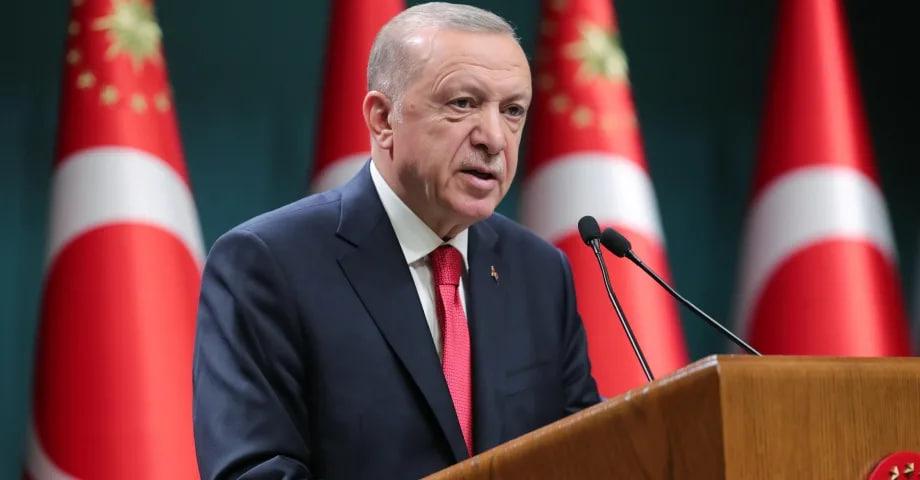




Turkey has moved from a narrow ban on using crypto for payments toward a broader, more structured regime for crypto-asset service providers. Three institutions shape policy: the Central Bank (CBRT) on payments, the Capital Markets Board (CMB) on market conduct and licensing, and the Financial Crimes Investigation Board (MASAK) on AML/CFT and the Travel Rule.
Payments: still prohibited
Since April 2021, the CBRT has prohibited the use of crypto-assets to pay for goods and services. The rule does not ban owning or trading crypto, but it bars payment processors and merchants from accepting it directly. That prohibition remains in force.
Licensing and market oversight
In 2024–2025, Turkey advanced toward formal licensing of crypto-asset service providers (exchanges, custodians). Under the new legal framework, the CMB sets entry, governance, fit-and-proper, and membership requirements (e.g., joining the Turkish Capital Markets Association after authorization) and can halt non-compliant platforms. This shifts crypto from a gray area to a supervised financial service.
AML/CFT and the Travel Rule
MASAK requires VASPs/CASPs to register and comply with AML/KYC controls, including implementation of the FATF Travel Rule (exchange of originator/beneficiary data for transfers). Turkey tightened supervisory expectations through 2024–2025 guidance and enforcement.
Enforcement and prudential steps in 2025
In June 2025, the government announced additional measures to curb laundering and fraud via crypto, including waiting periods for withdrawals when Travel Rule data is missing and limits on certain stablecoin transfers (e.g., daily and monthly caps). Authorities signaled administrative, legal, and financial sanctions for non-compliance.
Tax and macro context
Turkey has discussed a transaction tax on stock and crypto trades as part of fiscal reforms; proposed rules surfaced in mid-2024. While a dedicated crypto-tax code is still evolving, gains can fall under general taxation, and compliance expectations are rising alongside licensing. Notably, in June 2024 Turkey was removed from the FATF “grey list,” reflecting AML/CFT improvements—momentum that also supports stricter crypto oversight.
Bottom line
Turkey’s stance is permissive to hold and trade, restrictive for payments, and increasingly license- and compliance-driven. CBRT keeps crypto out of retail payments; CMB is building a supervised market for platforms; MASAK enforces robust AML and Travel Rule controls. For investors and operators, the direction of travel is clear: higher standards, clearer rules, and closer scrutiny.